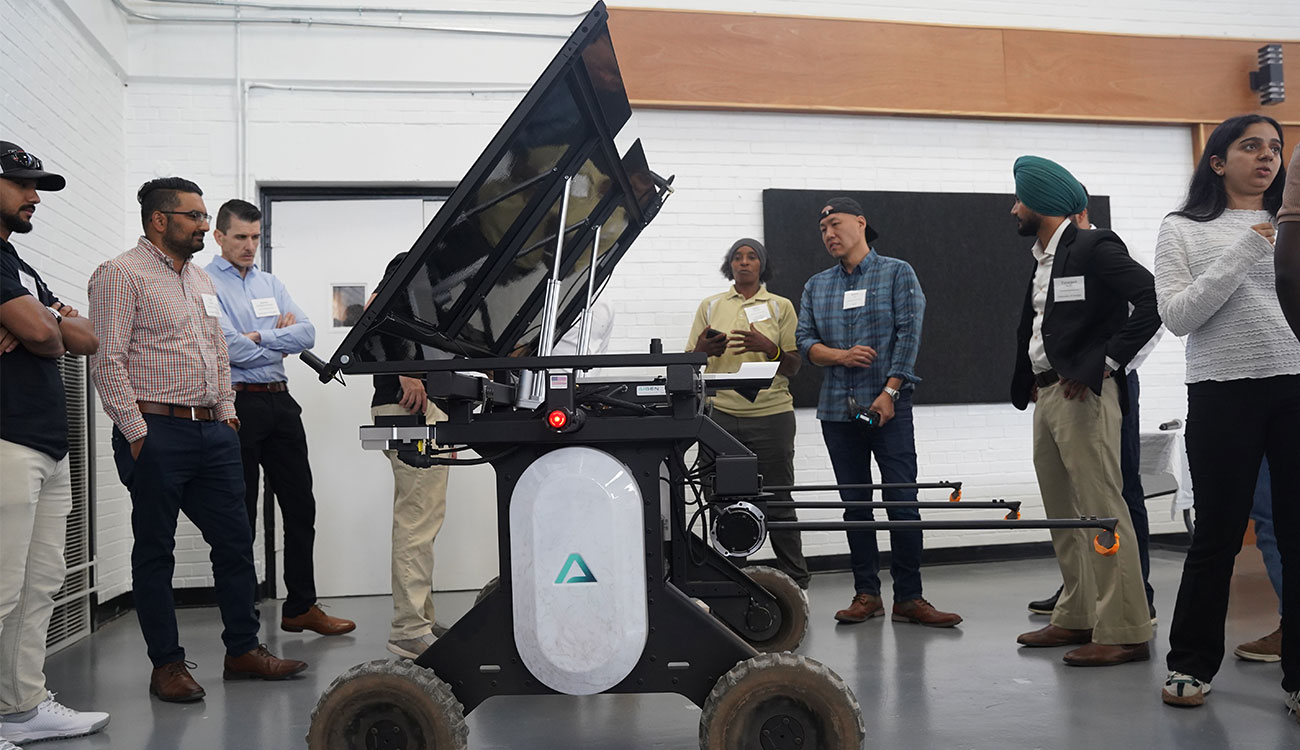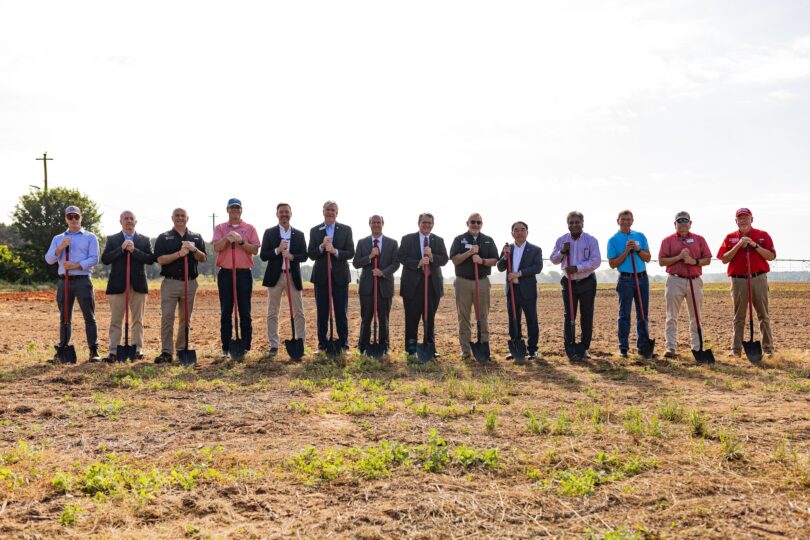By Sharon Dowdy
University of Georgia
Time is the only cost
The free, volunteer program is administered by the Georgia Department of Natural Resources. “To date, more than 160 businesses, towns, colleges and state agencies have reduced waste, water and energy usage by participating in the program,” Speir said. DNR’s Pollution Prevention Assistance Division also helps participating partners improve recycling and find uses for byproducts, he said.Four levels of participation
The program has four levels: champion, bronze, silver and gold. The entry level for each participant is based on their current conservation efforts and those slated for completion in the program. The Wootens have applied for the silver level, which means that they are operating under a conservation plan. The Wootens started the program three years ago. They now plant their 1,500 acres of corn, wheat and soybean using conservation tillage, a method that doesn’t disturb the soil much and increases its organic matter and water-holding capacity. “By using conservation tillage and strip tillage, the Wootens are seeing good yields on their soybeans,” Speir said. “And, more importantly for the environment, they are building up their soil.” The Wootens follow a nutrient plan that carefully balances their soil inputs and crop requirements. They compost waste from their 10 chicken houses and spread the compost on their pastureland as fertilizer.Sharing knowledge with others
Tabatha Wooten is looking forward to offering tours and workshops to give others the opportunity to learn about her family’s good stewardship. “I’d like to share with other farmers who’d like to learn from what we are doing,” she said. She wants to promote energy efficiency. “Heating poultry houses is a big expense,” she said. “Working with UGA scientists has helped us do an energy assessment and diagnose problem areas. This resulted in conservation of energy and gave us ideas about alternative energy sources.” Participating in the program also allows farmers to network and mentor with their peers as well as state and local officials, Speir said. “There are issues out there that we need answers for, and we can learn from others who have faced and solved a lot of the problems we are dealing with now,” Wooten said. “Instead of going out there blind, we can take others’ expertise and learn from them.” Wooten wants to learn more about government assistance and grants programs that may be available to Georgia farmers. “This program is one of them,” she said. “It doesn’t cost us anything except a time commitment to work with them and do an environmental assessment.” For more information on the program, contact your local county UGA Extension office at 1-800-ASK-UGA1.





